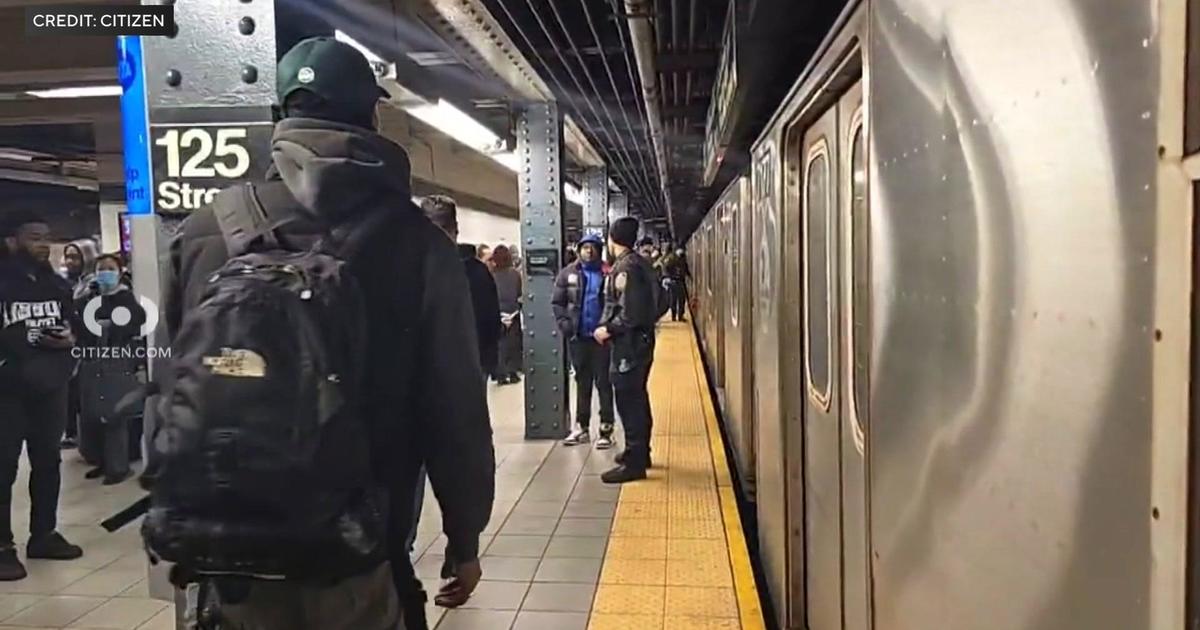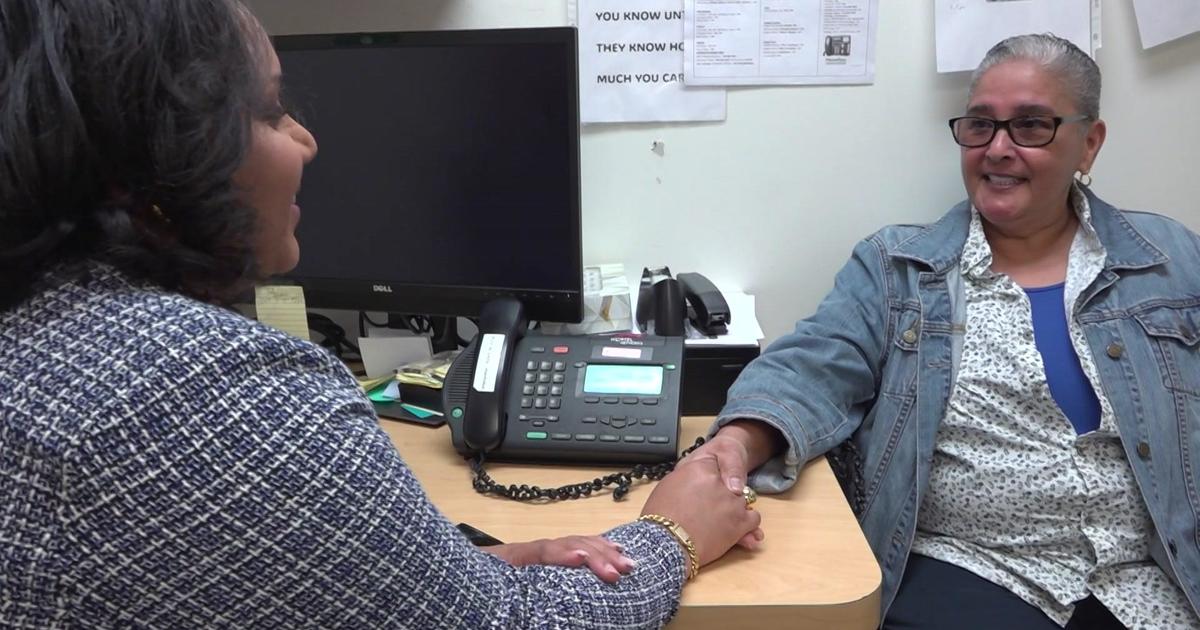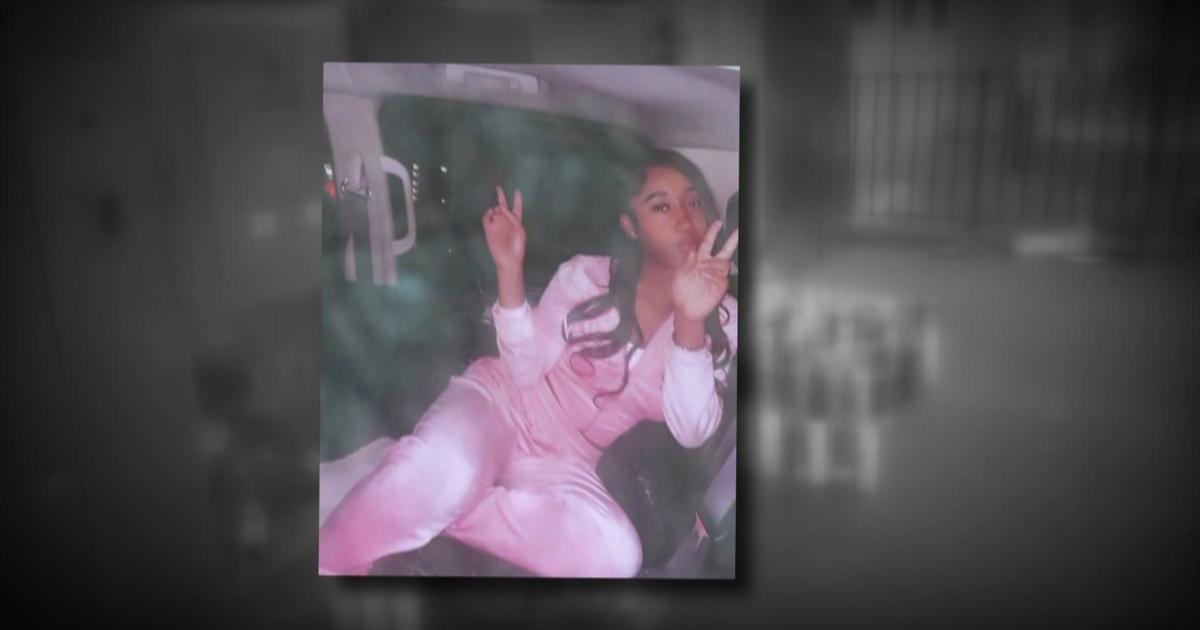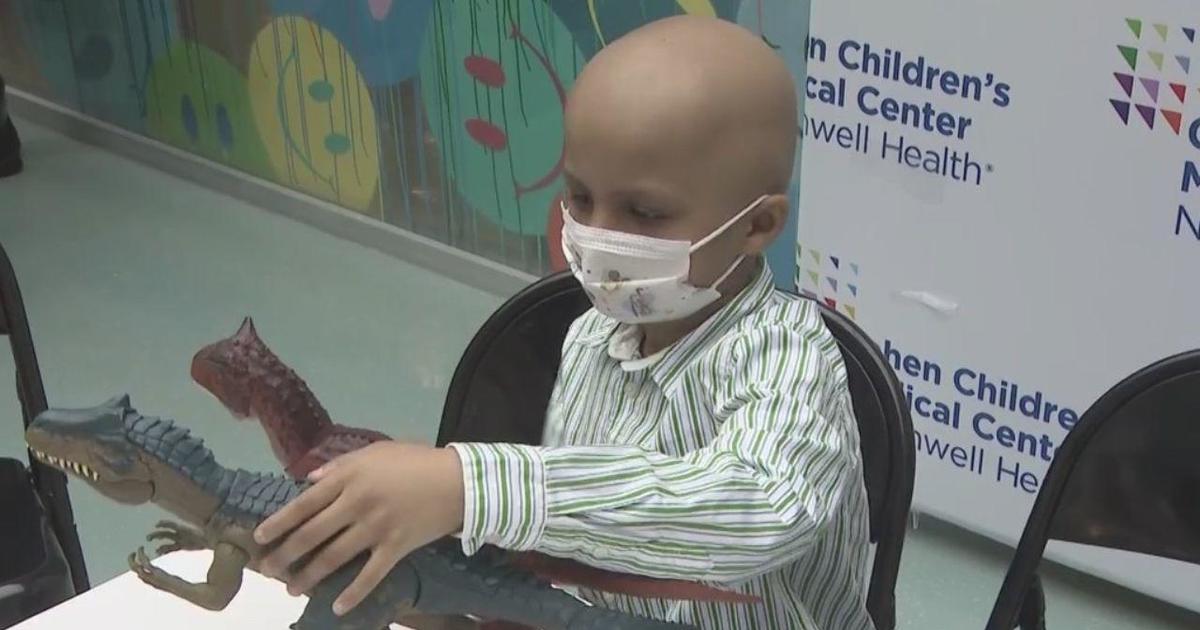N.Y. Court Of Appeals Chief Judge Calls For Return Of Cameras To Courts
ALBANY, N.Y. (CBSNewYork/AP) -- New York State Court of Appeals Chief Judge Jonathan Lippman said advances in technology mandate the opening of all courtrooms to cameras so New Yorkers can see for themselves how justice works.
Lippman, who presides at the Court of Appeals where arguments are routinely broadcast online, is calling for a change in state law so people understand how laws are being interpreted, rights determined, criminals punished and tax dollars spent for the courts and legal system.
"If you can go to the courtroom and see it, you should be able to see it in your home, or on television, or on your computer," Lippman told WCBS 880. "As far as I'm concerned, every court proceeding in the State of New York should be open to the public – not just in person, but by way of video technology."
The vast array of technology now available makes the public availability of courtroom video more important than ever, Lippman said.
"There's so much new technology with the iPads and all these different ways where people see in real time what's happening," Lippman said. "In order for us to ensure that the public has confidence in what we do, it is absolutely essential in this day and age that the courts not be shielded from public scrutiny."
New York lawmakers 25 years ago approved camera coverage of court proceedings on an experimental basis but the experiment ended 10 years later when the Legislature didn't vote to continue it.
While some judges have permitted still photographers and video cameras on a limited case-by-case basis, Lippman said access is cumbersome and requires judges to navigate an outdated law. Passed 60 years ago, it prohibits audiovisual coverage of public proceedings where witnesses are subpoenaed or otherwise compelled to testify.
The New York State Defenders Association opposes courtroom cameras, saying broadcasting threatens the right to a fair trial because of adverse publicity, that most states impose restrictions and that there's no First Amendment right to photograph or televise inside courtrooms.
At a panel discussion last year in Washington, D.C., judges and U.S. Attorney Ronald Machen Jr. said they were concerned about the chilling effect on potential witnesses, especially those who might be regarded as snitches. Another concern is undercover investigators.
Grant Jacquith, first assistant U.S. attorney in the Northern District of New York, said the rules generally bar cameras in federal courthouses, though the courtrooms are generally open to the public.
``Our office is concerned with both the First Amendment right of access, the public right to know, and the integrity of investigations and the safety of people who conduct them, the safety of people who come forward and tell the truth,'' he said.
The ban on cameras was part of the national response that followed sensational coverage of the Lindberg baby kidnapping and murder trial of Bruno Hauptmann, according to court officials. More recent reluctance followed the widely viewed 1995 national broadcast coverage of the O.J. Simpson murder trial in California, Lippman said.
``The O.J. Simpson trial was aberrational in nature in terms of the camera coverage,'' he said. "That case, and some of the sensationalism did not help the case for cameras in the courts."
But the O.J. Simpson trial happened 18 years ago, and it is time to move on, Lippman said.
Back in 1987, New York state lawmakers passed a law allowing news cameras in New York courts as a 10-year experiment. The decision led to the videotaping of some high-profile criminal proceedings – including the Nassau County sexual abuse case of Great Neck teacher Arnold Friedman and his son, Jesse, which was later immortalized in the 2003 documentary "Capturing the Friedmans."
But the 1987 law was allowed to expire, and in 2005, the Court of Appeals ruled there is no constitutional right to cameras in court.
The legislative proposal court administrators announced last week would expand permission for camera coverage to all state and local court proceedings, including witness testimony and hearings and trials, subject to the presiding judge's discretion. If a party or witness objected, that testimony could be broadcast with the witness' face obscured.
Lippman pointed out that the law he proposed would give judges the choice of whether to move allow cameras into the courtroom, instead of the current law that outright bans their use.
Taking pictures or videos would still need the judge's permission under Lippman's draft legislation. People in the court gallery wouldn't simply be able to pull out cellphones and start recording.
Lippman also said it still would protect the privacy of jurors and vulnerable witnesses.
David Bookstaver, spokesman for the state Office of Court Administration, said no appeals were filed based on cameras in the court during the 10-year experiment.
A New York State Bar Association Committee has recommended returning cameras to courtrooms, noting in 2001 that 33 states permitted them at criminal and civil trials without requiring the consent of parties and witnesses, though most required court review of whether it would affect fairness. The bar also recommended against coverage of the jury, including selection and deliberations, and restrictions on cameras to protect children and victims of sex crimes and domestic abuse.
Do you think cameras should be allowed in New York state courts? Leave your comments below...
(TM and © Copyright 2013 CBS Radio Inc. and its relevant subsidiaries. CBS RADIO and EYE Logo TM and Copyright 2013 CBS Broadcasting Inc. Used under license. All Rights Reserved. This material may not be published, broadcast, rewritten, or redistributed. The Associated Press contributed to this report.)



